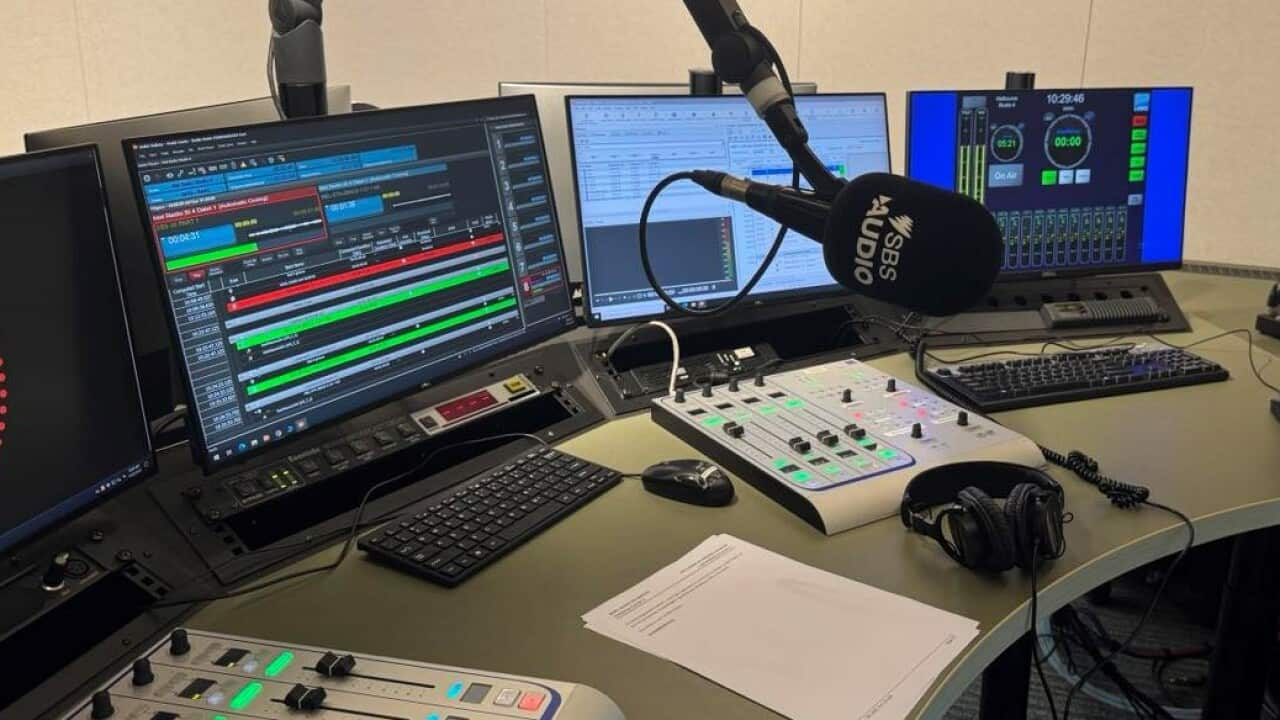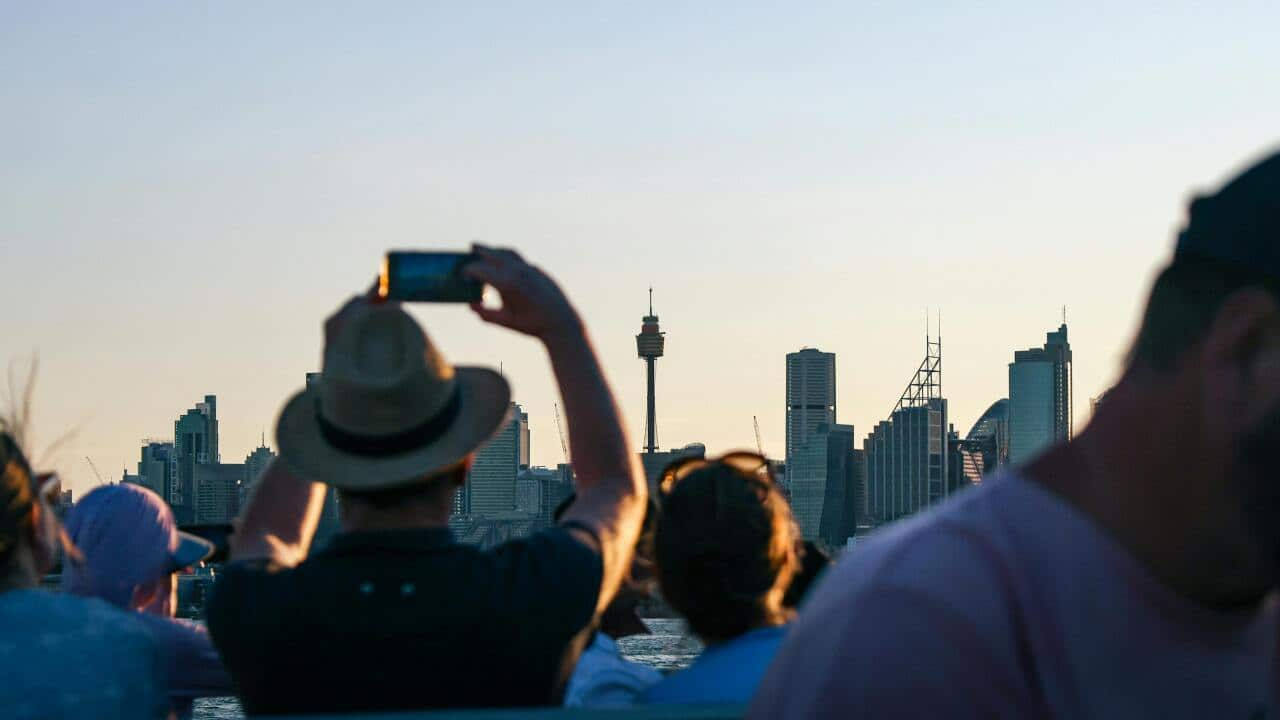Highlights
- Anxiety has led to rising cases of coronasomnia, according to a Sydney GP
- There are a number of ways to improve one's "sleep hygiene"
- If sleeping problems are starting to affect day to day life, seek help
As the world continues the battle against the COVID-19 pandemic, anxieties are running high among people in Australia and overseas.
Anxieties surrounding pandemic fears are leading to rising cases of insomnia and sleep deprivation, according to Sydney GP Dr Angelica Logarta-Scott.
More Australians are presenting with 'coronasomnia', she says, though there are a number of strategies to help.
What can cause coronasomnia?
Dr Scott shares that coronasomnia may be caused by increased stress levels.
"Some are feeling stressed from contracting the virus and some may be stressed from work or changes to work."
Grief and anxiety may also cause sleep disorders and other issues such as loss of one's daily routine and financial or emotional stress, she adds.
"When the normal routine is disrupted it can cause insomnia. Also losing a job due to COVID or worrying about family members that were affected by the virus can cause sleeping problems."
Even increased media exposure can affect one's mental health, she says.
Ways to sleep better
Dr Scott shares that there are ways to overcome sleep problems thus improving one's "sleep hygiene".
"The science behind it is that during heightened stress, cortisol level is high.
"Cortisol is the stress hormone that's needed to energise the body but at the same time, it disrupts melatonin production. If stress hormone is high, it can affect melatonin causing the sleeping trouble."
It's important to take in the morning sunlight, Dr Scott says.
"Ensure you get the morning sunlight as sleeping pattern starts upon waking up. Morning sunlight is a key regulator of your sleep-wake cycle."
She recommends establishing a daily routine, especially during a lockdown, as people can sometimes lose track of their day.
The GP says limiting media exposure can also help with one's mental health.
"Avoid checking the news all the time. It's associated with high levels of anxiety."
And for sleep hygiene, she says one should set a regular bedtime avoiding long daytime naps as it can affect the sleeping time at night.
"It's important to set your bedtime or set a regular body clock. Make your room dark and quiet."
Eating early dinner, avoiding coffee and alcohol and exercising can also improve one's sleep, she adds.
"Eat your dinner early. If you eat late, the body is geared up to digest the food you’ve eaten recently. It's also important to have regular exercise, and coffee and alcohol should be avoided six hours before you sleep."

Source: AAP
Validate feelings, acknowledge, seek help
Dr Scott says it's important to validate feelings, acknowledge and do something about one's anxiety and depression.
"It's important not to hide anxiety, not to shame because it's normal in this pandemic. Validate your feelings, yes you are anxious and yes you can do something about it."
If the sleeping problem is starting to affect day to day life, she recommends seeking professional help.
"If you're feeling so depressed, you may need a referral for cognitive behavioural therapy. It can help one to cope better in the situation. Anxiety is making sure that you talk to someone. Be it family, counsellor, doctor so they get enough support."





